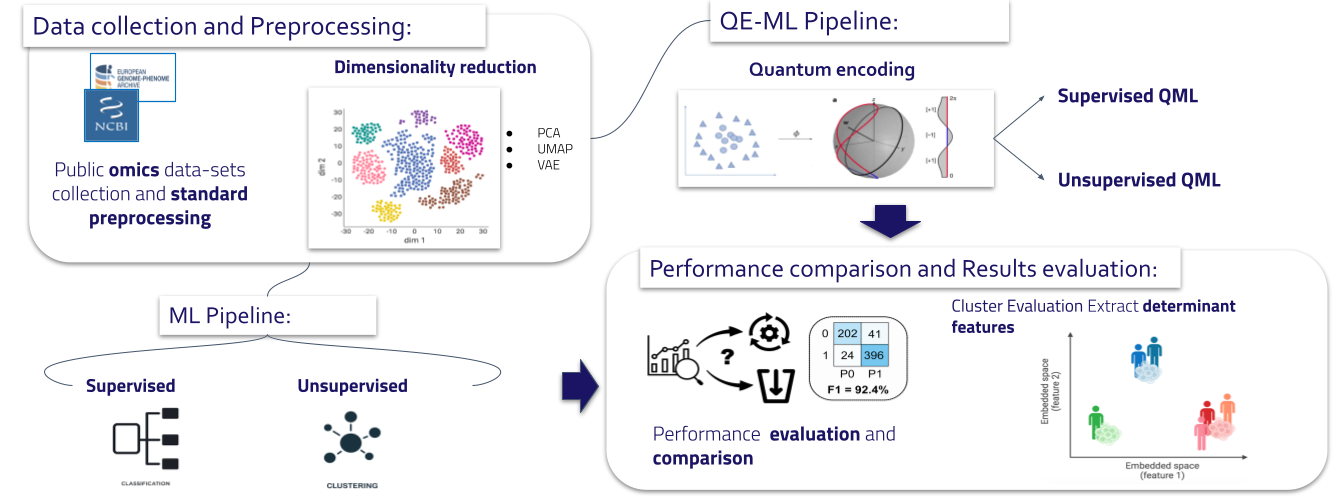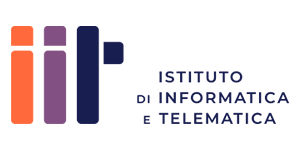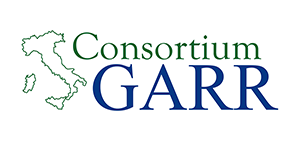The emergence of high-throughput technologies such as next-generation sequencing (NGS) in the last two decades has not only revolutionized our understanding in the fields of biology and medicine, but also transformed these domains into highly quantitative ones. More recently, the advances in statistical models and ML/DL methods are pushing the transition toward Precision Oncology. However, current computational models still struggle to capture and reconcile the real and complex dynamics of biological systems as classical computing lacks the power to detect non-trivial relationships from large and complex datasets. Given the potential of quantum-enhanced ML algorithms to deal with high-order complexity data we are currently investigating whether and how we can employ them for tumor subtyping using real multi-omics data and Noisy Intermediate-Scale Quantum (NISQ) devices.


